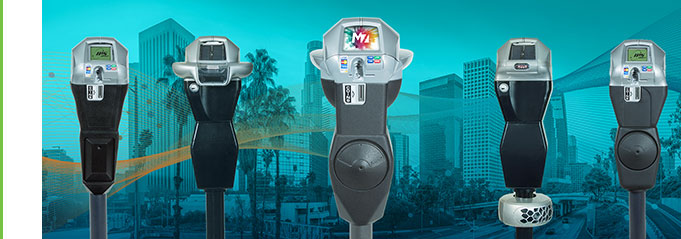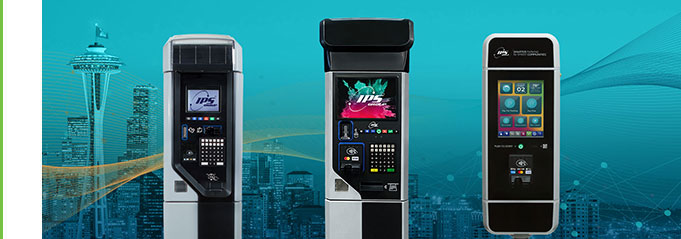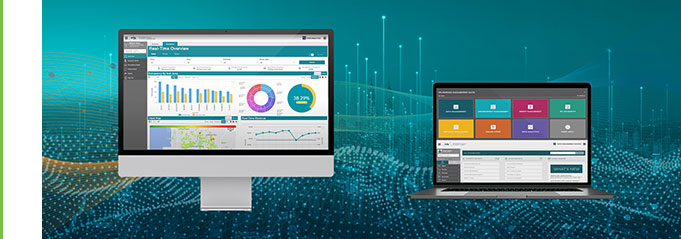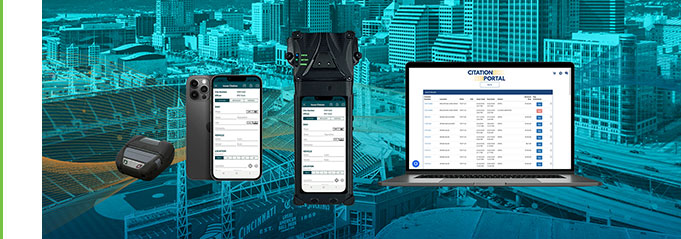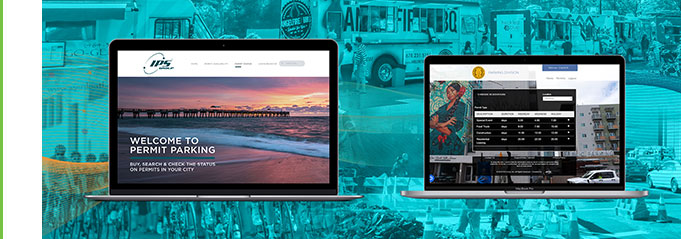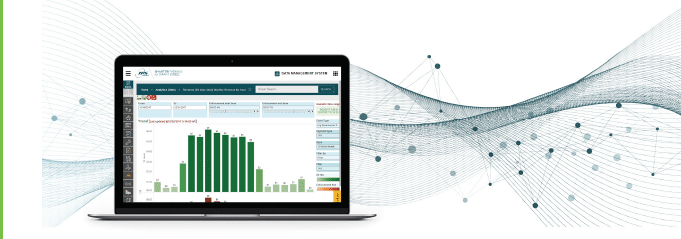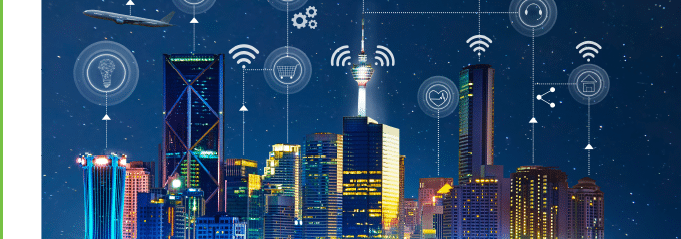INTERVIEW: DAVE KING, IPS GROUP
By Nicole Ybarra
Today, the world is “connected” as never before, the result of a technological revolution that has touched nearly every aspect of our lives. Technology has transformed the way we conduct business, socialize and even park our cars.
For nearly three-quarters of a century, mechanical coin-only parking meters dominated the paid parking landscape. Driven by sizable investments in R&D, the adoption of cellular technology provided the medium for new “smartparking meters” to wirelessly communicate data – such as credit card payments – and vehicle sensors to detect and report on space occupancy to a centralized data management system.
In an interview, Dave King, President and CEO of IPS Group, a leader in the smartparking revolution, discussed a more recent technology to spark industry interest – pay-by-plate – and talked about where the “Smart Cities” movement is heading.
QUESTION: What has brought about the more recent interest in pay-by-plate technology?
KING: Most cities are looking to implement technology in one form or another these days to be more efficient with the budgets and the resources that they have. Pay-by-plate is an attempt to improve upon the traditional pay-and-display system.
While these systems don’t solve all of the challenges of non-demarcated space management, cities that already have pay-and-display systems are the prime candidates to move to pay-by-plate. Cities won’t need to mark the spaces and customers won’t need to walk back to their cars to place a receipt in the window. They will, however, be required to remember their license plate number and enter it into the machine in order to pay and park.
I don’t really see this as a huge step forward, probably sideways. It’s not going to replace all other technologies, as it has some distinct disadvantages. But because it’s new, there is interest, and it would seem that most industry consultants are pushing it.
QUESTION: Are there real benefits to this technology?
KING: Cities can likely benefit from more efficient law enforcement, and efficient law enforcement will encourage payment compliance, but it would seem inevitable that the net result will be more parking tickets written.
Efficient law enforcement is important, but I don’t think increased ticket writing ranks among the top five priorities of most cities today. In addition to the negative impact on the customer experience, it has political implications as well. I could be completely wrong, but I would assume that making the parking system easier to use, providing more payment options in order to drive compliance, and managing the supply/demand of parking with variable rates are likely closer to the top of that list.
However, I’d also say that the jury is out on the quantifiable benefits, as the results from the deployment of the technology are still new. Personally, I see greater benefit in the ability to migrate to license plate recognition (LPR) camera systems for the purpose of identifying more scofflaws, lost/stolen vehicles, street-sweeping/tow-away violations, etc., because the LPR systems will certainly allow law enforcement to scan many more vehicle plates per day.
I’m all in favor of increasing anything to do with the safety and security of the public. However, it’s really important to note that those benefits don’t necessarily require the camera system to be tied to the meter payment system. LPR can live independently of the meters and achieve a number of benefits.
QUESTION: What do you see as the real risks or drawbacks of the technology?
KING: The major risk really boils down to the user experience. From a machine and back office point of view, it’s not a technology risk at all, as the technology is not really any different from pay-by-space. However, the user is going to be faced with a more complex payment system to navigate.
I personally don’t want to be standing in line in the rain or snow waiting on someone ahead of me trying to figure out how to use the machine. My guess is that regular users will either eventually remember their plate number (as with their Social Security number) or migrate to pay-by-phone applications. It’s the tourists, visitors and infrequent parkers that are going to be most impacted.
Additionally, there are a number of legal challenges relating to privacy of license plate information. It’s likely to take a number of years to standardize, and will eventually be more heavily regulated, much in the same way that credit card processing systems have been for many years. In terms of drawbacks, the biggest one that I see with pay-and-display or pay-by-plate is that you completely lose the ability to determine occupancy in real-time. Occupancy data can be estimated and periodic studies can be commissioned.
However, we at IPS Group feel that vehicle sensors integrated more closely to the meter products is likely the next significant advancement in the industry. It will not come from traditional “mesh network” systems, as the need to make decisions locally, in real-time, at the metered space, will require a different kind of technology. We have made a considerable investment in this space, and see this as the next significant evolution in our industry with next-generation sensor technology.
QUESTION: What do you say to a city that is considering a conversion to pay-by-plate technology?
KING: First, the city’s political landscape has to be ready for it and have the votes to support it, as it will likely be controversial when it comes to the aspect of privacy and the perception that it’s all about writing more parking tickets.
The story of efficient enforcement and the other public benefits have to be told. It also will be very important to have a strong and ongoing public outreach and parking ambassador program with any new installation of this technology. And cities will likely need a transition period for the public to adapt. I would contact those cities that have implemented such systems and try to prevent repeating any past mistakes.
IPS does not typically advocate pay-by-plate technology; however, we offer it in our product suite, as our philosophy has always been to make the parking system easy to operate/maintain and to simplify the user experience. Pay-by-plate does not really accomplish either. However, we at IPS do have customers that use this technology and others planning for it, and for them, it’s the right decision, and we respect that.
Contact Nicole Ybarra, International Marketing Manager for IPS Group, at [email protected].
Article Abstract from January, 2016

